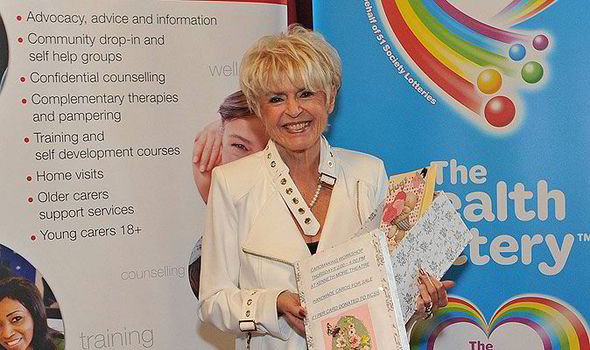The shocking age shows why state-of-the-art services are available in the city.
-
Sara Mitchell, right, the Plymouth Community Healthcare lead on dementia services, said: “Recently we had two gentleman aged about 40 and a woman who was 42. Generally speaking it’s 65 and over.
“But we’ve had some very young people recently.
“We’ve seen rates increase in the last five years and we expect that trend to continue as we all live longer.”
Dementia care in Plymouth has three strands – a memory service, a complex care team and the Edgcumbe ward at Mount Gould Hospital.
Ms Mitchell explained: “The memory service sees patients who are referred from GPs with significant memory problems diagnosis.
“Then they will be seen at fairly regular intervals and monitored and see how their dementia progresses.
“Medication can slow the process down but the deterioration varies massively from person to person.”







